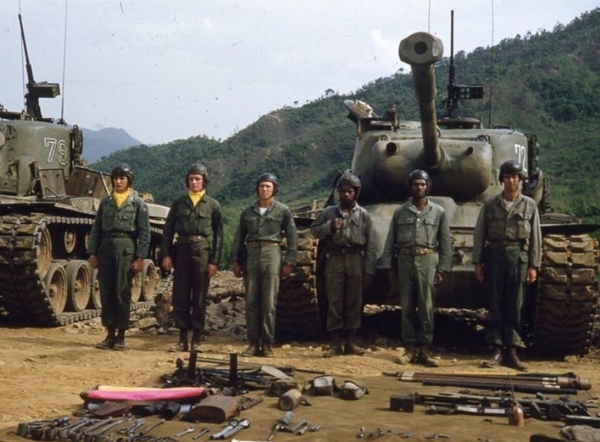

In the absence of a veto from the Soviet Union, the United States and other countries passed a Security Council resolution authorizing military intervention in Korea. In 1950, the Soviet Union boycotted the United Nations Security Council. The situation escalated into open warfare when North Korean forces invaded South Korea on 25 June 1950. Cross-border skirmishes and raids at the 38th Parallel persisted. Although reunification negotiations continued in the months preceding the war, tension intensified. The 38th parallel increasingly became a political border between the two Korean states. The failure to hold free elections throughout the Korean Peninsula in 1948 deepened the division between the two sides the North established a communist government, while the South established a right-wing government. military forces occupying the southern half and Soviet military forces occupying the northern half. Following the surrender of the Empire of Japan in September 1945, American administrators divided the peninsula along the 38th parallel, with U.S.

The Korean Peninsula was ruled by the Empire of Japan from 1910 until the end of World War II. It was primarily the result of the political division of Korea by an agreement of the victorious Allies at the conclusion of the Pacific War at the end of World War II. The Korean War (25 June 1950 – 27 July 1953) was a war between the Republic of Korea (South Korea), supported by the United Nations, and the Democratic People's Republic of Korea (North Korea), at one time supported by the People's Republic of China and the Soviet Union. North Korea gains the city of Kaesong, but loses a net total of 3,900 km 2 (1,500 sq mi), including the city of Sokcho, to South Korea.



 0 kommentar(er)
0 kommentar(er)
